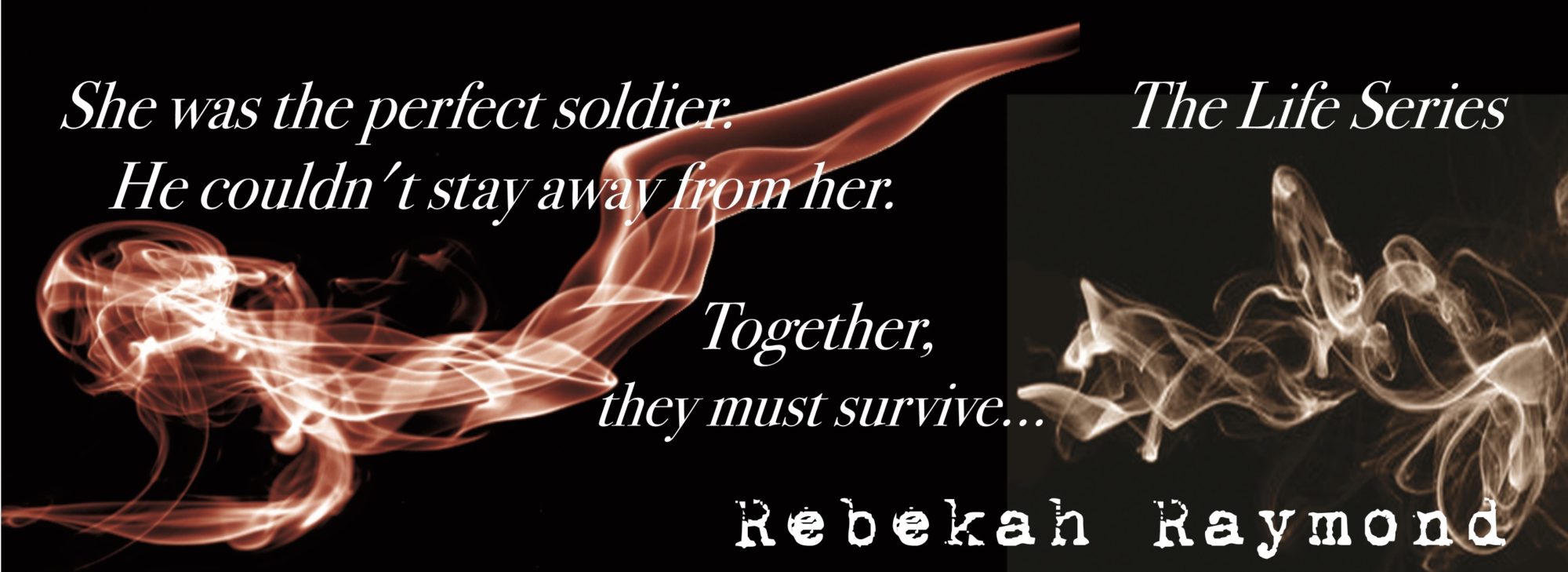The other day my publicist tagged me in response to an article against self-publishing, not because he believes it, but because he strictly believes otherwise.
I read the article, if one can call it that. And yes, you heard that snide comment correct—the sarcasm was oozing as I wrote it. I read it and was disgusted, and angered…and intrigued. Although I strongly disagree with the overall points made, the writer did hit home on a few things. And, after being disgusted with myself I had to admit, there are always two sides to every point of view.
So, here we go. Speaking from the view of a writer who HAS self-published, here is what I think.
Let’s start with the title. “Self-Publishing: An Insult To The Written Word”. Now, I’m not going to pretend to be all knowing, but doesn’t the written word usually refer to the bible? What exactly does this writer have against Christianity? And furthermore, how does Self-publishing relate to and insult it?
Ok, I’m off the mark already, I know that. But I bet there were a few of you devout Catholics that were, for a moment, feeling that pit in the bottom of your stomach, that roiling of anger. At what? The writer? The people who dare to self-publish? I think I’ve made my point. Before you go throwing around words like “insult” and “written word”, perhaps consider the context.
(And yes, I am aware I was reaching back there. Please, forgive me. I come from an academic background of analyzing and dissembling words and phrases).
The article begins by saying, and I am paraphrasing, readers will only want to read books that have been published traditionally, gone through the “gatekeepers” of the traditional publishing world. At first I nodded. It was a fair enough assessment, until I thought of the many indie authors I have connected with these past few years, and the giant following of readers they have. One gets hundreds of responses when she posts on facebook that her newest book will be out shortly. Another gets a massive amount of encouragement when just the world she is writing in is mentioned. And, both hundreds in a very short time, pre-selling forty, fifty, sixty all before the book is even out. For an indie, that is golden.
Ms. Gough says “Readers expect books to have passed through all the gates, to be vetted by professionals. This system doesn’t always work out perfectly, but it’s the best system we have.” Is it? Is it really?
Per Author Earnings, which pulled data from nearly every ebook on Amazon.com bestseller list, even with a significant drop in Indie author earnings, their share is still approximately 40%. This is admirable, considering Independent authors are responsible for all the costs incurred with research, editing, printing, advertising, and distributing their books. That is a large infusion of money being pumped into the publishing industry, into individuals and companies responsible for bringing these works to fruition.
Next Ms Gough associates “Good writers” with this traditional publishing apprenticeship, and the “tens of thousands of hours” to become a good writer. She writes these “good writers” are only so because they are rejected again and again, and are relieved at how bad they were when the first works were rejected. I agree, to a point. Rejection is important. Like being told in an office setting that your work wasn’t up to par, not placing in athletics because you weren’t fast or strong or talented enough, rejected of written work gives a writer two choices: improve, or stop.
What does it mean, then, for the indie author who spends hundreds of hours writing their book, another hundreds reading and re-reading it for content errors, grammatical mistakes, sends it off to beta readers only to be told a part doesn’t work, that something is wrong. They spend another hundred hours editing and analyzing and re-writing and re-reading, finally get it off to their editor and what happens? You guessed it, the work comes back with the red pen marks. Or, more recently, the red and green and blue on the screen of the writer’s desktop or laptop. Strikethroughs, inserted words, comments, these all come back to the indie author, left for them to deal with.
Now, this part of the process can be the same for traditionally published authors. Depending on their publisher’s process, some authors find the manuscript returned with implied suggestions and are asked to refine the work before the publisher will look at it again, all on a deadline. For others, the publisher takes the reign, merely giving the author the ultimatum of “accept or the project is scrapped”. For authors like James Patterson, who published novels alone in 2014, this may not be as big a deal. After all, Mr Patterson does not, in fact, write all his novels himself but hires other authors to flesh out the words while he lays out the detailed outline and plot beforehand.
But for an indie, and for many other authors, the time is put in where needed, and the hours simply do not justify the return in the end. But, it satisfies their soul, which is typically why they write. As I said, I’ve been lucky enough to befriend a number of indie and published authors, and I have heard the indescribable defeat in their voices when I’ve asked “what do you think of the process?”. The answer is generally the same. They look away, or sigh, or purse their lips, and answer “It’s alright.”
Alright. Is that really the “best system we have”?
